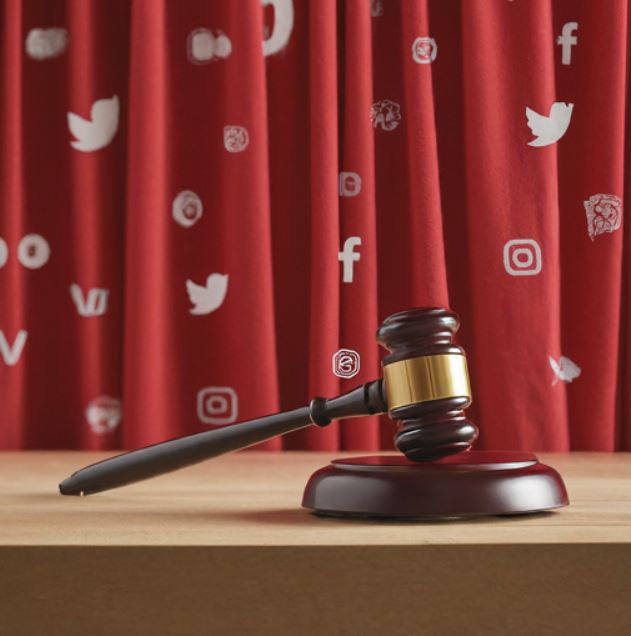Texas & Florida social media laws on hold! Supreme Court sends cases back for a closer look at First Amendment implications.
 |
| Texas & Florida social media laws on hold. Supreme Court sends cases back for a closer look at First Amendment implications. |
The Supreme Court, in a rare unanimous decision, declined to rule on the constitutionality of state laws regulating social media content moderation. Instead, the court sent the cases back to lower courts for further review, citing insufficient consideration of First Amendment implications.
The cases centered on laws passed in Texas and Florida in 2021. These laws aimed to restrict how social media platforms moderate content, particularly regarding political speech. The Texas law allowed users to sue platforms for alleged "censorship" of their political views, while the Florida law imposed fines on platforms banning politicians.
The court's decision, authored by Justice Elena Kagan, highlighted a critical gap in the lower court rulings. The previous rulings focused primarily on whether states could regulate content moderation practices within algorithms like Facebook's News Feed. However, according to Kagan, the lower courts failed to consider the broader implications of these laws.
The court expressed concern that the laws could impact aspects of social media platforms beyond algorithmic sorting and content moderation. These aspects could include direct messaging or user-generated content not directly influenced by algorithms. The potential impact on other forms of online speech also raised First Amendment concerns.
What's next?
The Supreme Court's decision effectively throws the ball back to lower courts for further analysis. These courts will now need to examine the broader First Amendment implications of the state laws before a final decision can be made. Potentially, the cases could return to the Supreme Court in the future.
While the Supreme Court hasn't ruled on the constitutionality of the laws, this decision provides some temporary relief for social media companies. The companies won't face the immediate enforcement of these laws while the lower courts conduct further review. The long-term impact, however, remains uncertain until the courts reach a final decision.